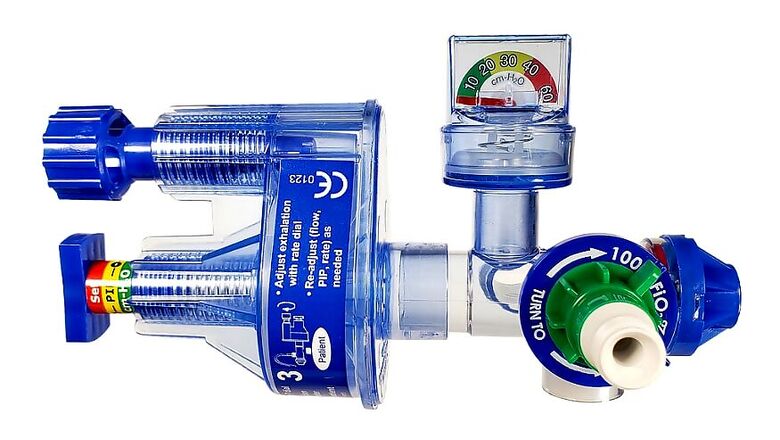
views
Xerox, the brand well known for making photocopy machines, has confirmed that it is now mass-producing disposable ventilators. This could come in handy as hospitals around the world are facing a significant shortfall of ventilators in the midst of the Coronavirus pandemic. Xerox confirms that it is working with medical device manufacturer Vortran Medical to scale up production of the Go2Vent. This is a low-cost resuscitation device that is used by first responders in case of emergencies and disasters. In the case of Coronavirus patients, this could be used for those with milder or more controlled symptoms of the COVID-19, thereby freeing the ICU-grade ventilators for the more critical patients.
“It takes off the overload on the system," says Naresh Shankar, Xerox’s chief technology officer, while speaking with NBC News. The partnership with Xerox has one clear goal — to help save as many lives as possible. For all of us, this will be the most important thing we ever do,” says Vortran's co-founder and CEO, Gordon A. Wong, MD, in a statement. It is expected that this partnership will result in the production of as many as 150,000 to 200,000 ventilators every month by June, with the hope to ramp it up to 1 million ventilators sometime in the coming months. The report suggests that Xerox will charge hospitals $120 for each ventilator.
Vortan Medical describes the Go2Vent as a “hands-free” ventilator that offers a secure airway using a continuous gas source. It can be operated on a compressor, oxygen or air with a minimum of 10 liters per minute flow rates. They say this device does not require power from electricity or batteries, which adds to the versatility in complex medical situations such as disease outbreaks when power sources may not be available for everyone. The company makes ventilators in Sacramento, California.
At this time, the US Government has asked a lot of companies, including auto makers such as the Ford Motor Company, to produce ventilators at their factories to help reduce the shortfall of these critical medical devices as the Coronavirus cases continue to increase.



















Comments
0 comment